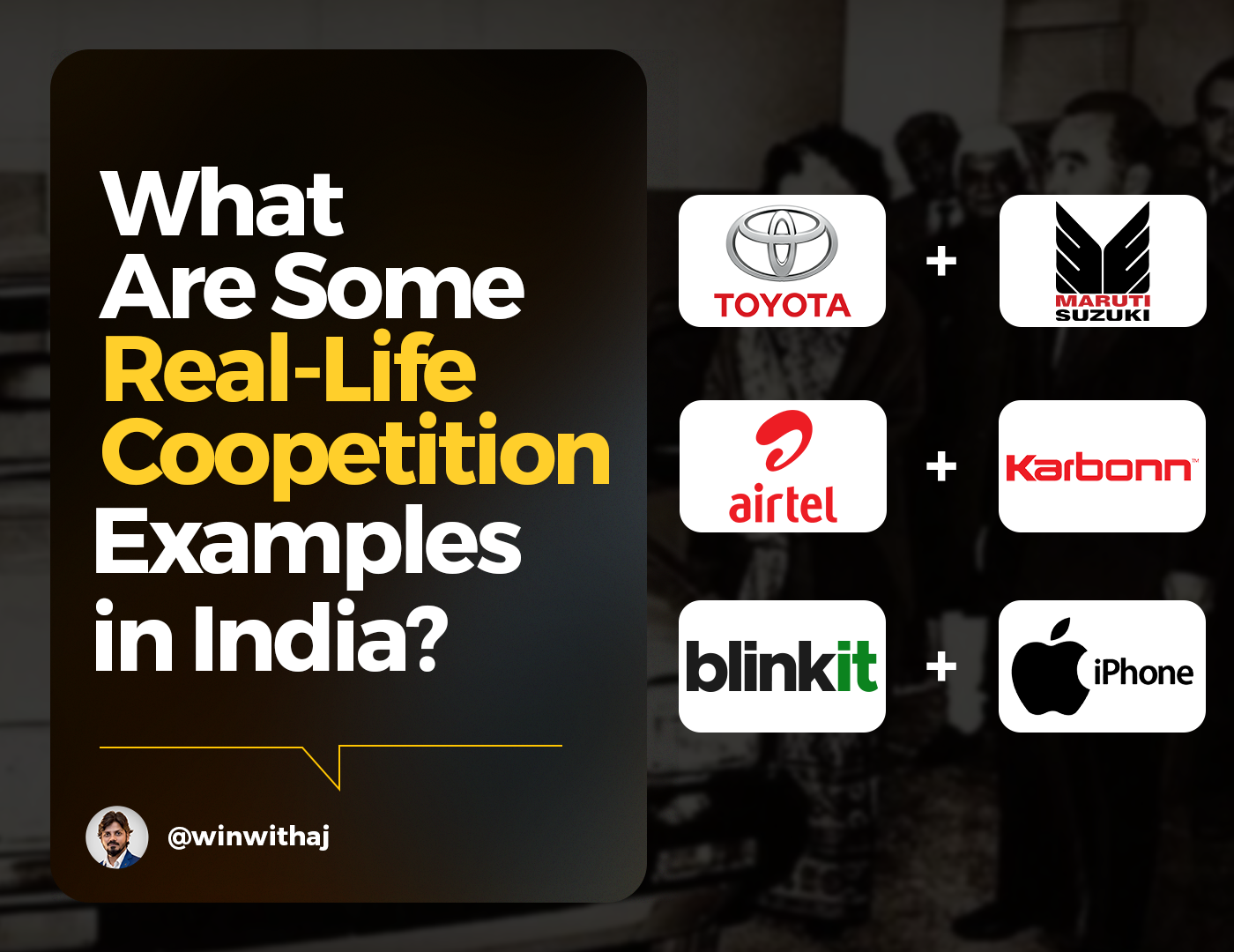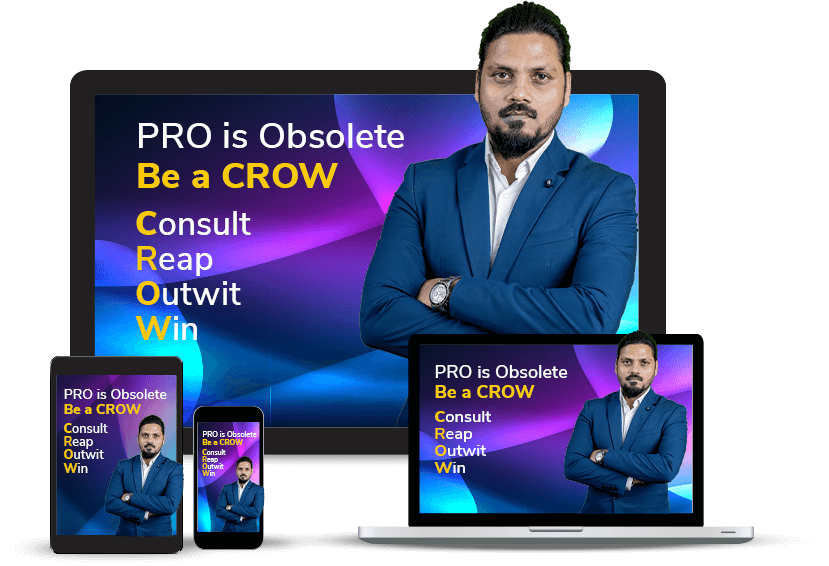
The Myth of the Original Idea in Startups: How to Craft It
Are you an entrepreneur looking to break into the exhilarating world of startups? Do you often find yourself wondering how to make your idea stand out from the crowd?
What if I told you that the key to success might not be originality but something else entirely?
Intrigued? Then keep reading, because in this world of endless possibilities, it’s important to understand why originality might not always be the golden ticket you think it is.
Deja Vu in the Startup Sphere: Why “First” Isn’t Always “Best”
Let’s face it, the chances are high that what you’re brewing can probably be found somewhere else, brewing too. It’s a harsh truth, but fret not! Here’s the silver lining: being first to market is not the magic bullet to success it’s often touted to be.
Execution, my friend, that’s where the true magic lies. Brutal statistics show that most startups fail to leave a lasting impression, regardless of their “first mover” advantage. The market is a crowded space, and there will always be someone peddling a variation of your product or service. That’s a fact of life.
The surprising truth? Your customers couldn’t care less that an identical offering exists elsewhere. They aren’t driven to purchase based solely on sheer novelty. Here’s the plot twist: they buy into you, your unique interpretation.
Beyond the Product: The Allure of Interpretation
Customers are drawn to the distinctive lens you place over your product and the unique way you translate its features into a story that resonates with them.
- This is why grocery store shelves overflow with a dizzying array of organic chocolate bars, each whispering a different story through its packaging, branding, and marketing.
- This is why your neighborhood thrives with a multitude of takeout restaurants, all vying for your taste buds. Different interpretations for different folks – that’s the name of the game.
The secret weapon of thriving businesses lies in acknowledging this very lack of singularity. They capitalize on the power of their interpretation, and the distinctive narrative they weave around their product.
The organic, vegan, fair-trade dark chocolate bar isn’t just about the ethically sourced cocoa; it’s about the message it conveys and the community it represents. These businesses understand that competitors can mimic their products, but they can’t replicate the voice that resonates with their target audience.
Perhaps it’s a YouTube channel with a charismatic host who transforms cocoa harvesting into an entertaining spectacle. Maybe it’s a social media presence that champions environmental sustainability. The interpretation is the magic ingredient, the soul that breathes life into your product.
“It’s the personality, the style, the perspective, and the story you tell.”
Ideas are Fleeting, Brands Endure: Where to Focus Your Energy
If you’re pouring all your efforts into guarding your startup idea like a vault of gold, you might be missing the bigger picture. Ideas are like butterflies – beautiful, free-spirited, and easily imitated.
The moment your product hits the market, the secret’s out. Anyone can replicate the core concept. But there’s one element that can’t be so easily replicated: your brand.
So, why not channel your energy into this irreplaceable asset? Companies that crumble under the pressure of copycats do so because they built their house on shaky ground – the product itself, not the interpretation they bring to it. They fixated on the wrong kind of intellectual property.
Here’s the empowering mindset shift: your product can, and probably will, be imitated. But your brand? That’s your impregnable fortress. Have you ever seen a blatant copycat brand succeed? It’s a spectacle of cringe, a cheap imitation that screams inauthenticity from a mile away. It’s the difference between a genuine Chanel bag and a dodgy replica where the double Cs are askew and the seams gape.
“Style, the essence of your brand, can’t be counterfeited.”
Crafting Your Unique Interpretation: A Guide for Disruptive Startups
Now that we’ve established the primacy of interpretation, the question arises: how do you craft a winning one? Here are some actionable steps to get you started:
-
Unearth Your Customer Intimacy
The foundation of a powerful interpretation lies in a deep understanding of your customer. Who are they? What are their aspirations, anxieties, and interests? How does your product fit into the larger tapestry of their lives?
Conduct thorough market research, gather customer feedback, and immerse yourself in their world. The more intimate your understanding, the more targeted and resonant your interpretation will be.
-
Identify the White Space
Don’t just mimic what already exists. While inspiration can be valuable, resist the urge to simply copy existing players. Instead, delve into your niche and identify gaps in the market. What are your competitors overlooking? Is there a specific customer need that’s not being fully addressed?
Can you offer a more convenient, affordable, or enjoyable experience? Unearthing this “white space” allows you to craft an interpretation that stands out and solves a problem in a fresh way.
-
Understand Your Brand Archetype
Every brand has a personality, a core set of values that informs its voice and actions. Think of it as your brand’s spirit animal. Are you the playful jester, the wise sage, or the adventurous explorer? Understanding your brand archetype helps you craft a consistent and compelling narrative across all touchpoints.
-
Storytelling is Your Superpower
People connect with stories. So, weave a captivating narrative around your product. Highlight the transformation your product enables, the problems it solves, and the emotions it evokes. Showcase real customer stories, user testimonials, and behind-the-scenes glimpses to make your brand relatable and authentic.
-
Clasp Unexpected Collaborations
Cross-pollination breeds innovation. Seek out partnerships with brands that complement your interpretation, but don’t directly compete. This allows you to tap into new audiences and broaden your reach while offering a fresh perspective to your existing customer base.
-
Become a Master of Experience
Your brand interpretation goes beyond the product itself. It encompasses the entire customer journey, from the moment they discover your brand to the after-sales experience. Think about the user interface, packaging design, customer service interactions, and even the way your product is delivered. Every touchpoint should reflect your brand’s unique voice and values.
-
Be an Advocate, Not Just a Seller
Don’t just sell products; champion a cause. Align your brand with a social or environmental issue that resonates with your target audience. Take a stand, support initiatives, and weave this purpose into your brand story. Today’s consumers are drawn to brands with a conscience.
-
Adapt Agility and Experimentation
The market is dynamic, customer preferences evolve, and trends shift. Be prepared to adapt your interpretation as needed. Continuously experiment with new marketing strategies, gather customer feedback, and iterate on your brand story.
By following these steps, you can craft a powerful and distinctive interpretation that sets your startup apart.
- It’s not about creating a completely original product, but about offering a unique perspective on an existing concept.
- Focus on building a brand that resonates with your target audience, one that tells a compelling story and fosters a loyal community.
“In this crowded marketplace, it’s your interpretation, not just your idea, that will propel your startup to success.”
Beyond Products & Services: The Rise of Experiential Brands
The concept of interpretation extends beyond just physical products and services. A new wave of “experiential brands” is emerging, focusing on creating immersive experiences that customers can actively participate in.
Think of escape room franchises, interactive art installations, or pop-up events with curated activities. These brands understand that people crave not just products, but memories and connections. By crafting a unique and engaging experience, they build a loyal following and foster a strong brand interpretation.
The Final Note
To sum up, it is critical for any startup to recognize that in today’s fast-paced and competitive environment, a winning interpretation that resonates with your audience is just as important as the product or service you offer.
Simply put, it takes more than a great idea to succeed. To truly thrive, you must craft a compelling story that builds a strong and recognizable brand, fosters connection and loyalty with your customers, and sets you apart from the competition.
Positioning yourself for long-term success and making a name in a world filled with a plethora of ideas requires the most impactful interpretations.
If you’re unsure about the health of your business, book my Discovery Call today to find out if it needs a tune-up and how to improve it.



















